Part 4
At the reasonable hour of ten o’clock one morning, I joined Margaret and her brother John on the Nicole and Boy’s [sic] II for a snow crab haul. We trundled along for an hour, the deep gurgling diesel engine zombified us to the rail, staring at the blue-green bluffs frozen into distant waves, a foil for the dark, animated waters rippling by our port side. Suddenly a bright pink buoy the size of an exercise ball, appeared and broke the spell.
On went the oilers, as their rubber fishing overalls are called. John’s son Johnnie snagged the first buoy, threaded the trap line through a winch and flipped the switch. Then we waited. The Nicole & Boy’s II wallowed, creaking gently while the winch clickety-clacked softly, like an old-fashioned train off in the distance. We stood at the gunnel, mesmerized by the trap line twisting slowly out of the black water under the strain of its unbearably heavy load—an eight-hundred-pound sturgeon maybe, or a couple of grand pianos? The wait felt interminable. Five minutes. Maybe ten. It’s hard to tell when consumed with expectation.
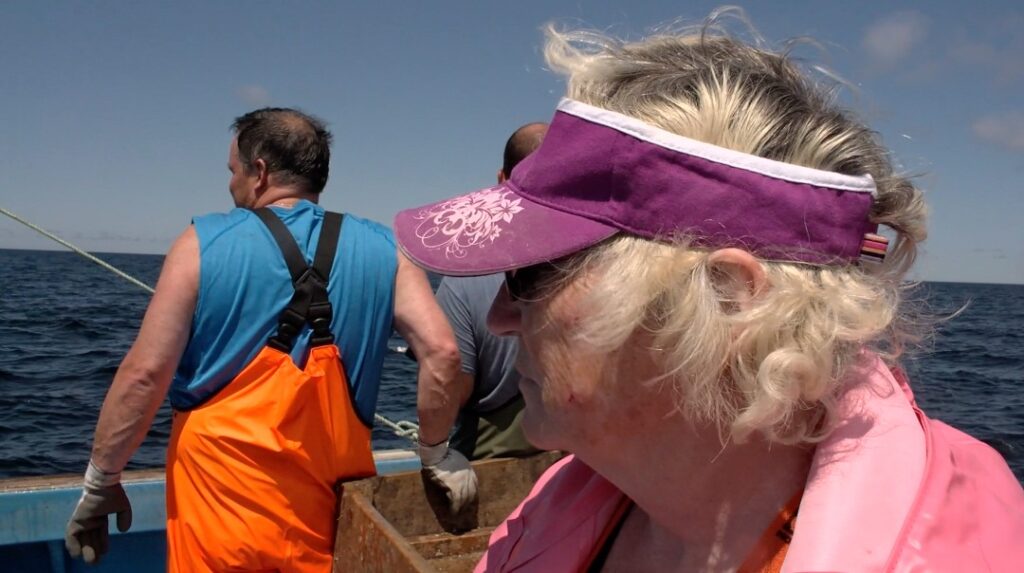
Margaret, in her youth, had a thing for windows. One night when she was sixteen, she slipped out of her bedroom window and met a boy named Percy. She married him shortly thereafter. By 22, she was the mother of three.
I asked her if she was the bad girl in the family. “Oh yes,” she said, with a small amount of pride.
Today, Margaret’s the sort of grandmother you’d “go over the river and through the woods” to see, making the idea of her rebel past all the more delicious.
There were zero women fishing professionally during Margaret’s window-jumping days.
“Women were not supposed to be on a boat back in 1979,” she said. “But I had to work. Someone had to help Percy and it might as well be me.”
And fish she did, becoming the first woman in Bay St. Lawrence to become a fisher. But, unlike the men, Margaret could not draw seasonal unemployment checks since, according to the government, professional women fishers did not exist.
One Friday night in July of 2004, Margaret returned from bingo to find her husband Percy sitting in his regular chair, pipe in hand. He was blue as a berry. She called the ambulance even though she knew he was gone. A massive heart attack killed him, she explained, but cancer created the conditions for the heart attack in the first place. Percy was 57, and his death came as no surprise given his family’s miserable track record with illness. His mother died of cancer at 50; his brother, also of cancer, 34; and his sister was crippled for life with polio.
“I miss him now,” she said. “It’s the loneliness. But you pull yourself up by your bootstraps.”
Margaret and Percy enjoyed the better part of 34 years together, making her window-leap into his arms at 16 seem, in retrospect, like a wise idea




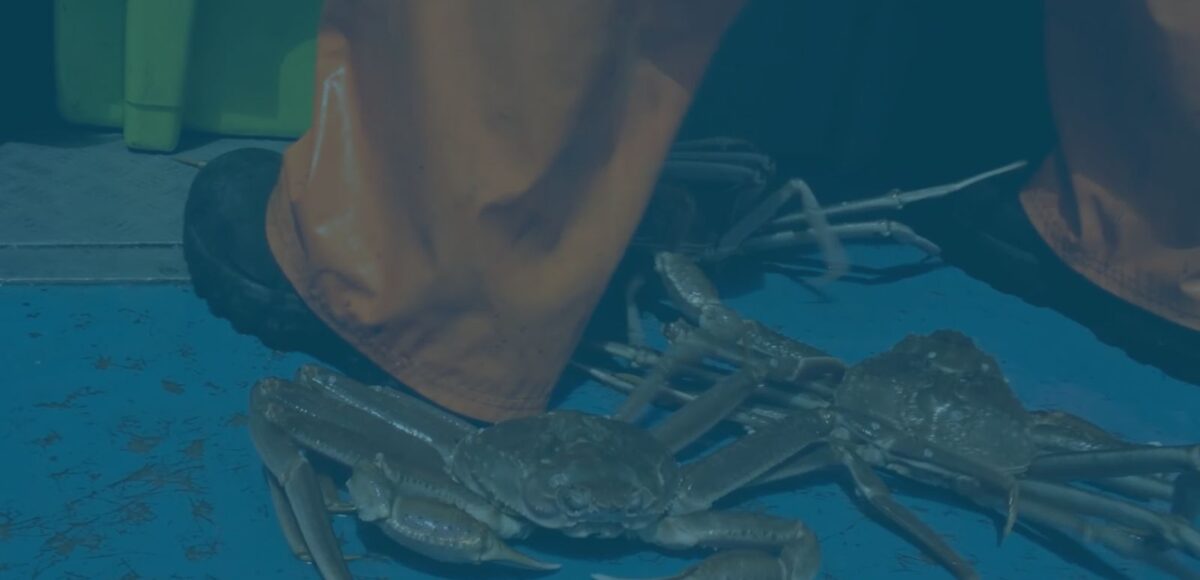

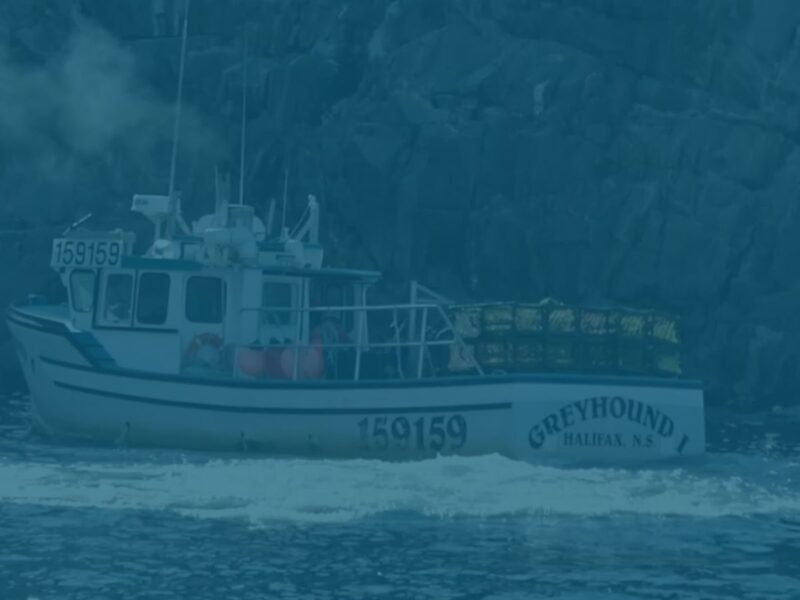


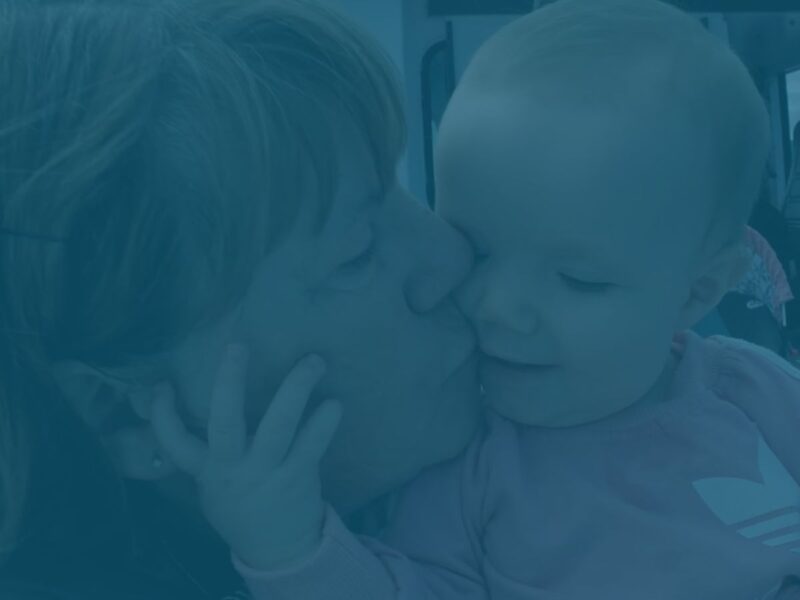


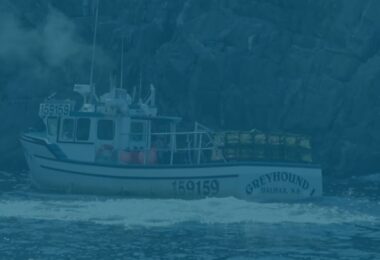

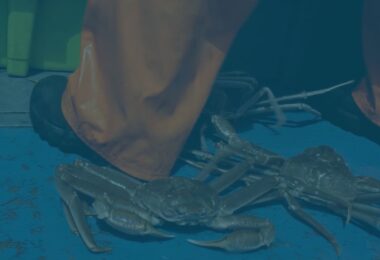

No comments